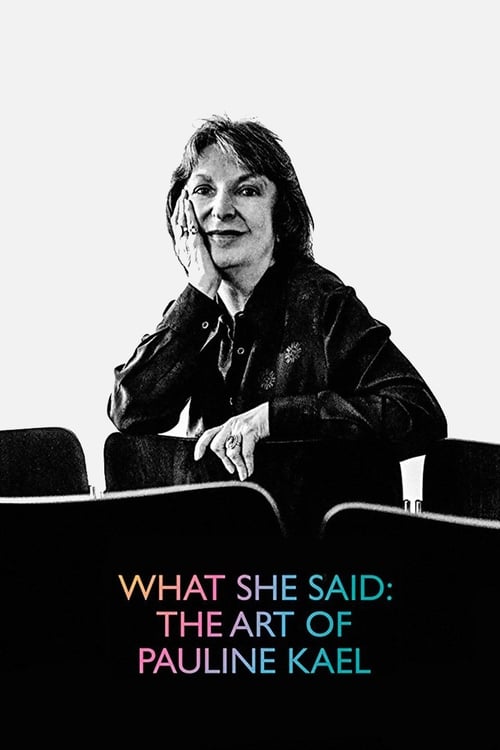Actor: Paul Schrader
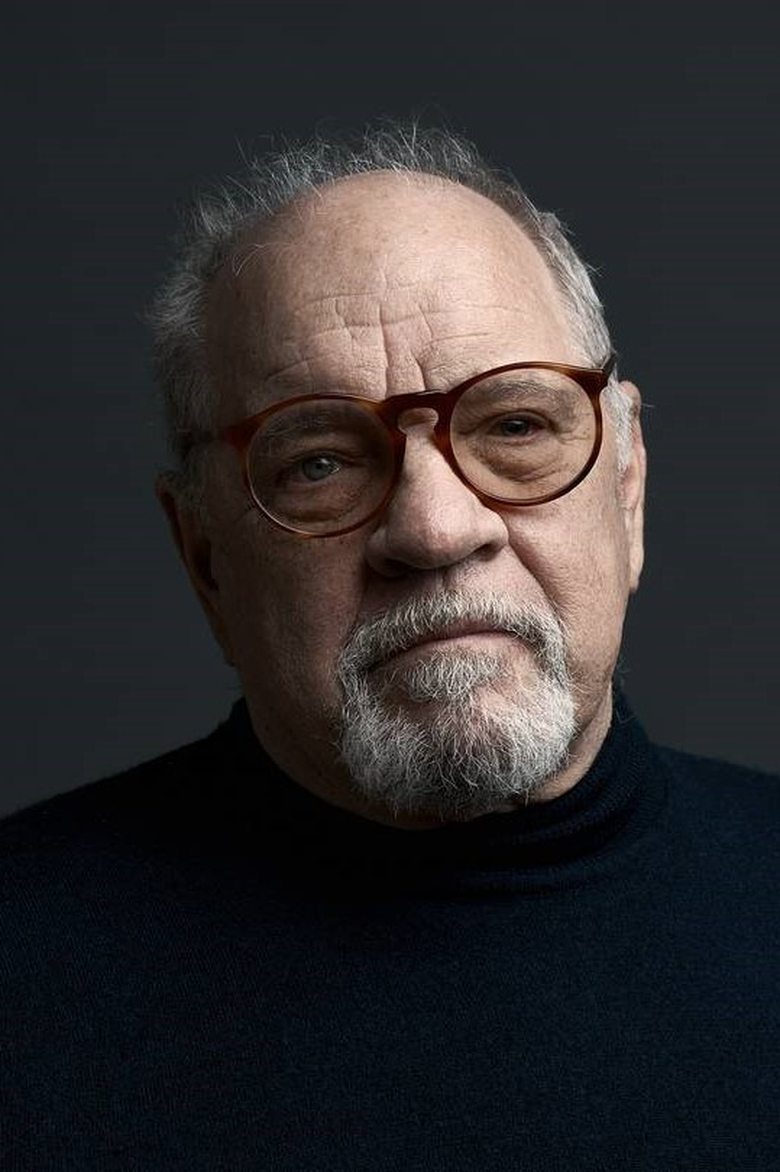
Birthday: 1946-07-22
Born in: Grand Rapids, Michigan, USA
Biography: Paul Joseph Schrader (born July 22, 1946) is an American screenwriter, film director, and film critic. He first became widely known for writing the screenplay of Martin Scorsese's Taxi Driver (1976). He later continued his collaboration with Scorsese, writing or co-writing Raging Bull (1980), The Last Temptation of Christ (1988), and Bringing Out the Dead (1999). Schrader has also directed 24 films, including Blue Collar (1978), Hardcore (1979), American Gigolo (1980), Cat People (1982), Mishima: A Life in Four Chapters (1985), Light Sleeper (1992), Affliction (1997), and First Reformed (2017); the latter earned him his first Academy Award nomination. Schrader's work frequently depicts troubled men struggling through an existential crisis that is then punctuated by a violent, cathartic event. Raised in a strict Calvinist family, Schrader attended Calvin College before electing to pursue film studies at UCLA on the encouragement of film critic Pauline Kael. He then worked as a film scholar and critic, publishing the book Transcendental Style in Film: Ozu, Bresson, Dreyer (1972) before making the transition to screenwriting in 1974. The success of Taxi Driver in 1976 brought greater attention to his work, and Schrader began directing his own films beginning with Blue Collar (co-written with his brother, Leonard Schrader). His three most recent films have been described by Schrader as a loose trilogy: First Reformed (2017), The Card Counter (2021), and Master Gardener (2022). Description above from the Wikipedia article Paul Schrader, licensed under CC-BY-SA, full list of contributors on Wikipedia.
Born in: Grand Rapids, Michigan, USA
Biography: Paul Joseph Schrader (born July 22, 1946) is an American screenwriter, film director, and film critic. He first became widely known for writing the screenplay of Martin Scorsese's Taxi Driver (1976). He later continued his collaboration with Scorsese, writing or co-writing Raging Bull (1980), The Last Temptation of Christ (1988), and Bringing Out the Dead (1999). Schrader has also directed 24 films, including Blue Collar (1978), Hardcore (1979), American Gigolo (1980), Cat People (1982), Mishima: A Life in Four Chapters (1985), Light Sleeper (1992), Affliction (1997), and First Reformed (2017); the latter earned him his first Academy Award nomination. Schrader's work frequently depicts troubled men struggling through an existential crisis that is then punctuated by a violent, cathartic event. Raised in a strict Calvinist family, Schrader attended Calvin College before electing to pursue film studies at UCLA on the encouragement of film critic Pauline Kael. He then worked as a film scholar and critic, publishing the book Transcendental Style in Film: Ozu, Bresson, Dreyer (1972) before making the transition to screenwriting in 1974. The success of Taxi Driver in 1976 brought greater attention to his work, and Schrader began directing his own films beginning with Blue Collar (co-written with his brother, Leonard Schrader). His three most recent films have been described by Schrader as a loose trilogy: First Reformed (2017), The Card Counter (2021), and Master Gardener (2022). Description above from the Wikipedia article Paul Schrader, licensed under CC-BY-SA, full list of contributors on Wikipedia.
Known for
5.1
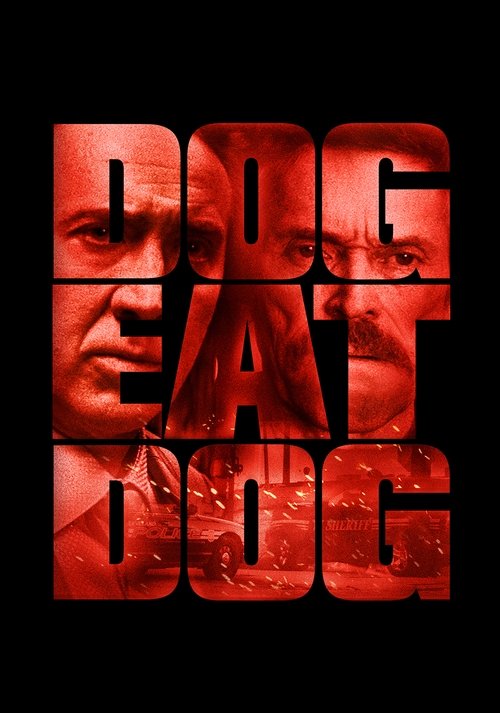
7.1
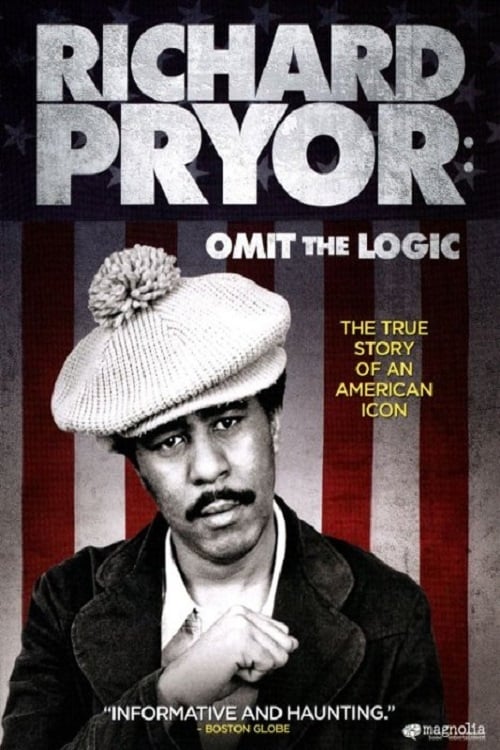
7.3

7.1
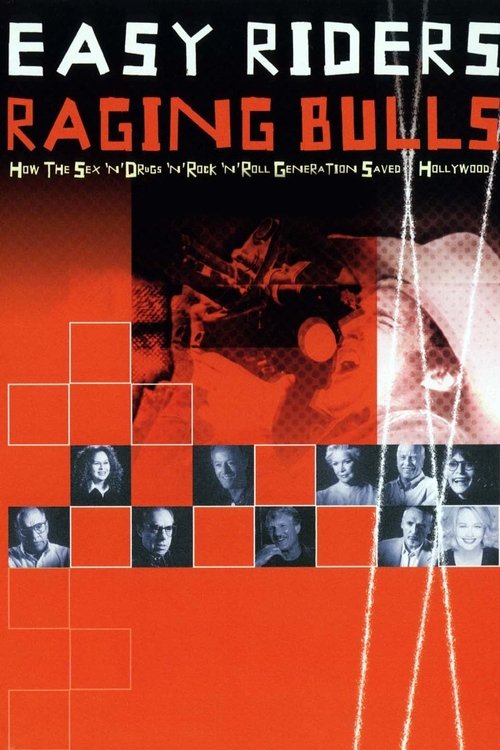
Easy Riders, Raging Bulls: How the Sex, Drugs and Rock 'n' Roll Generation Saved Hollywood
2003
Search similar movies
3.0

8.0
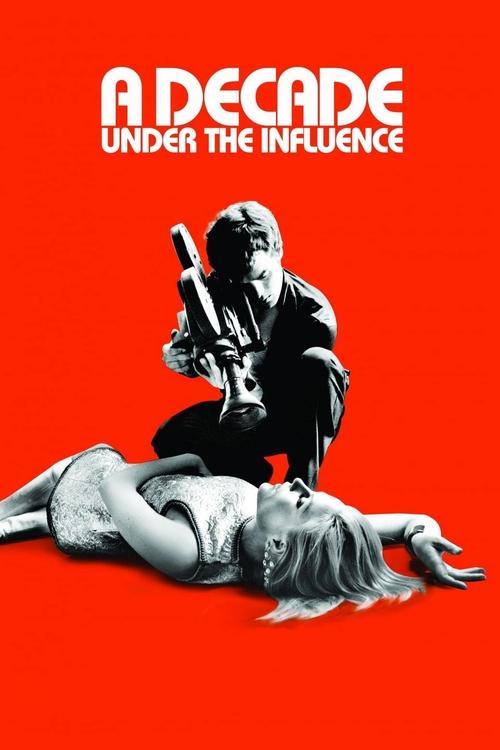
7.1
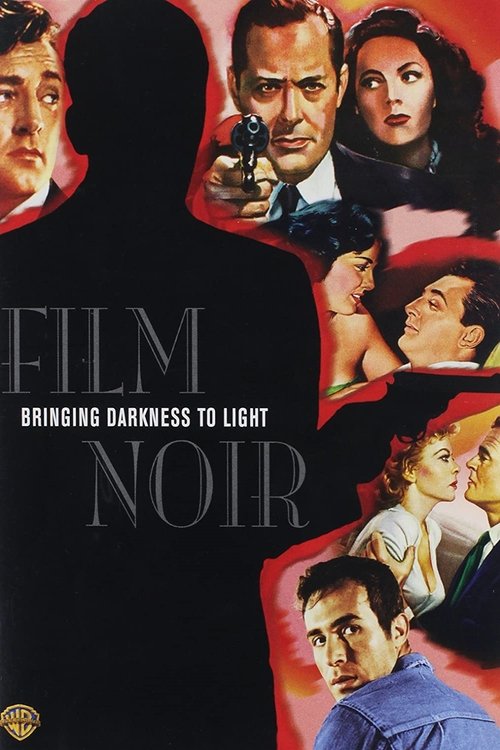
6.5
